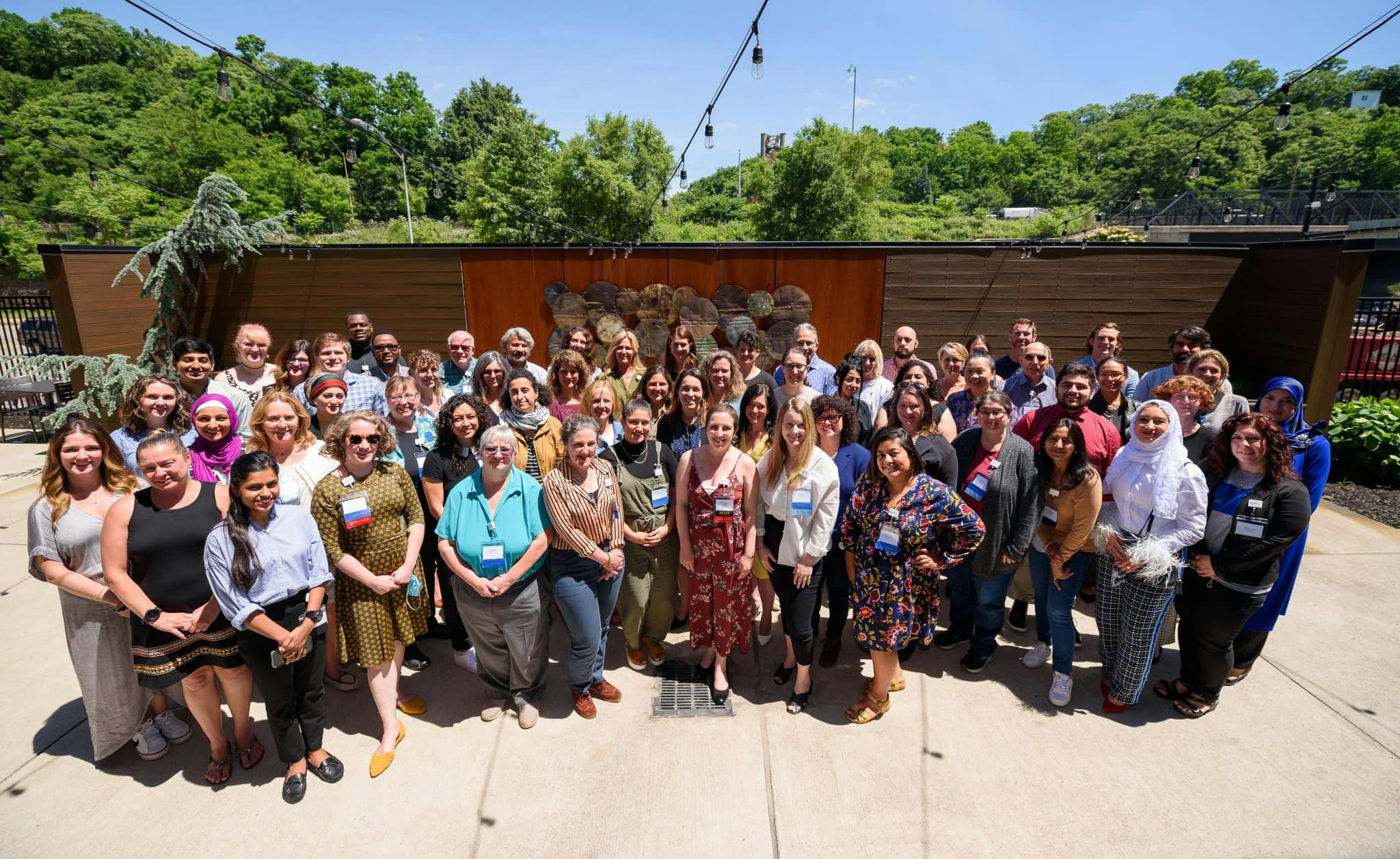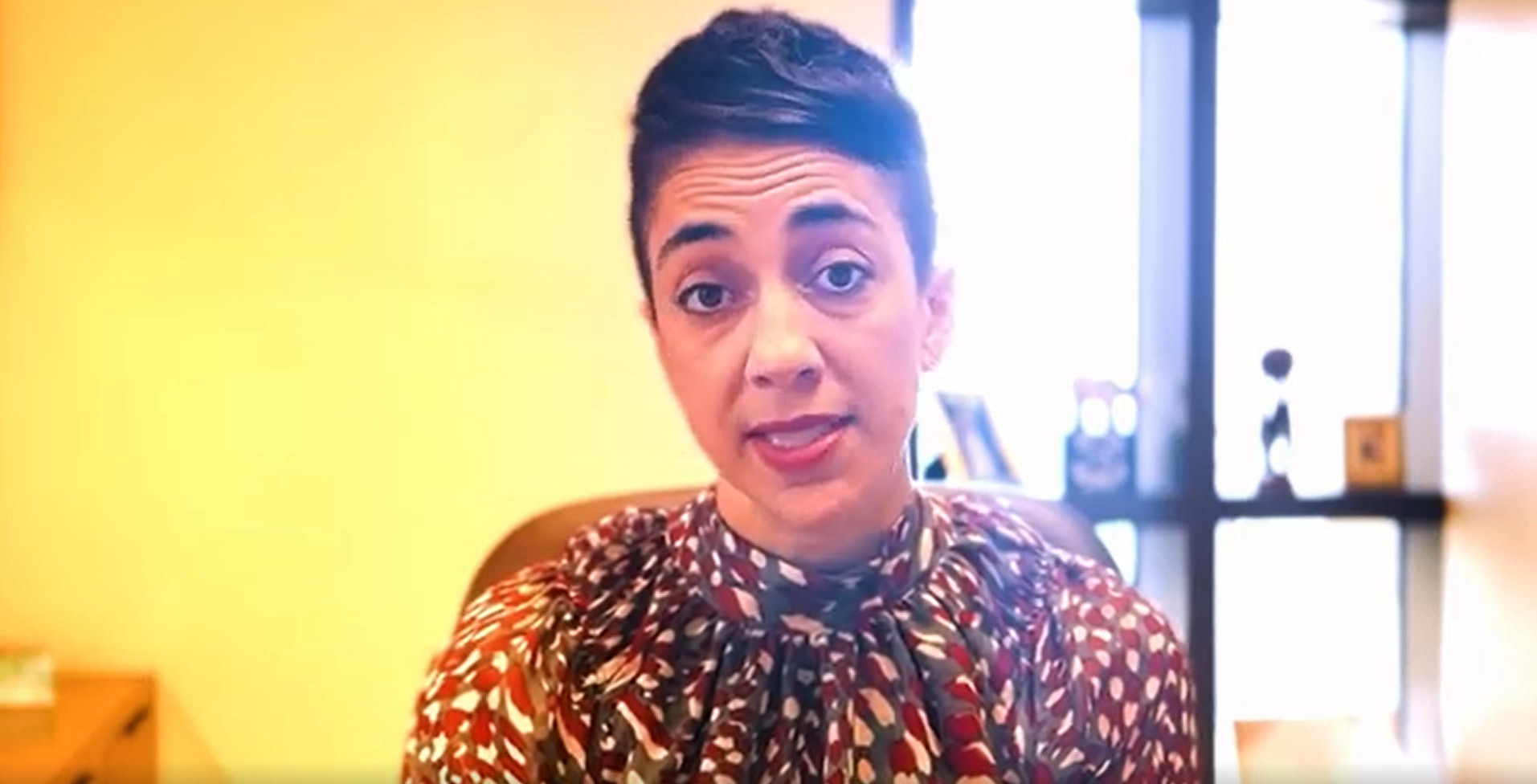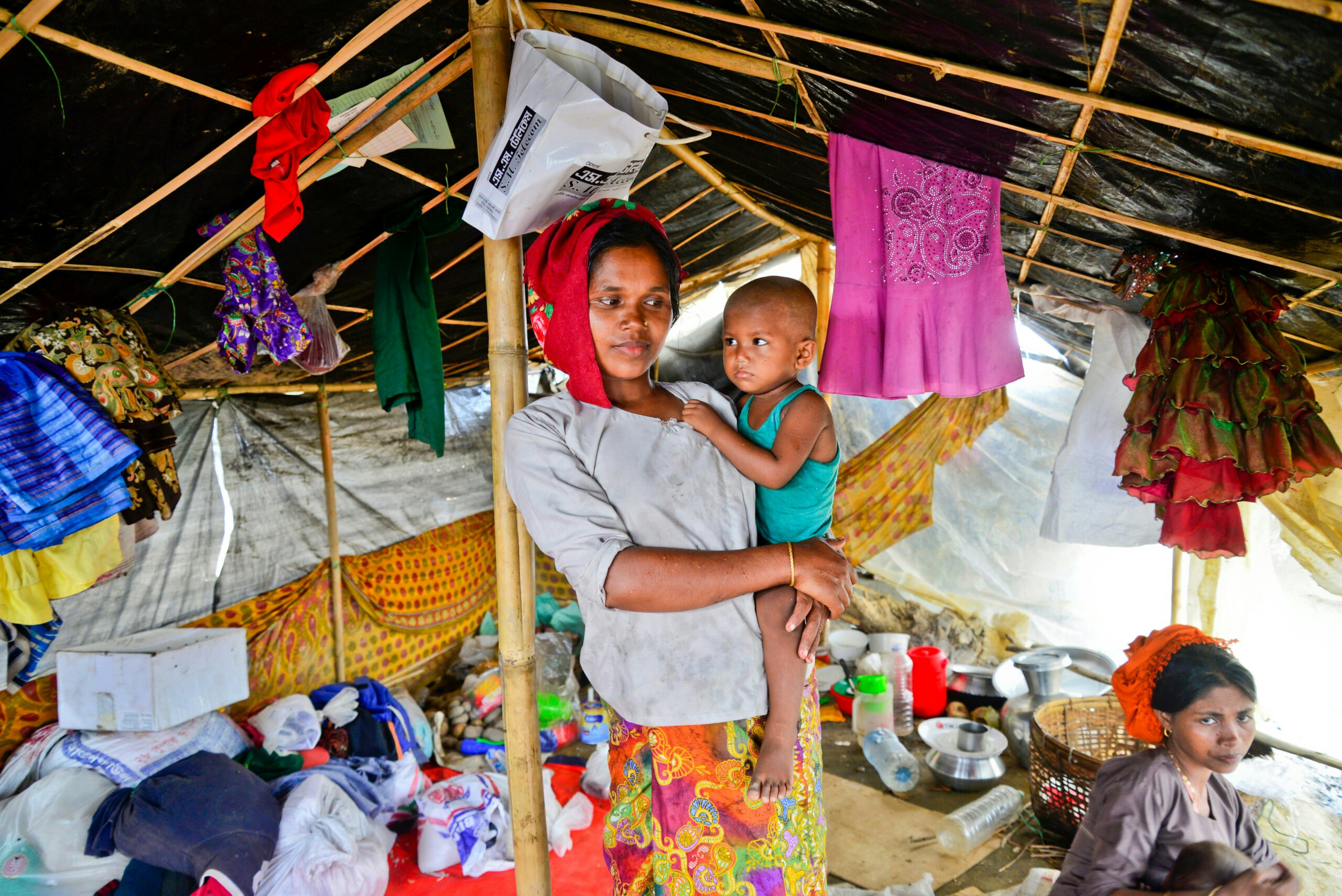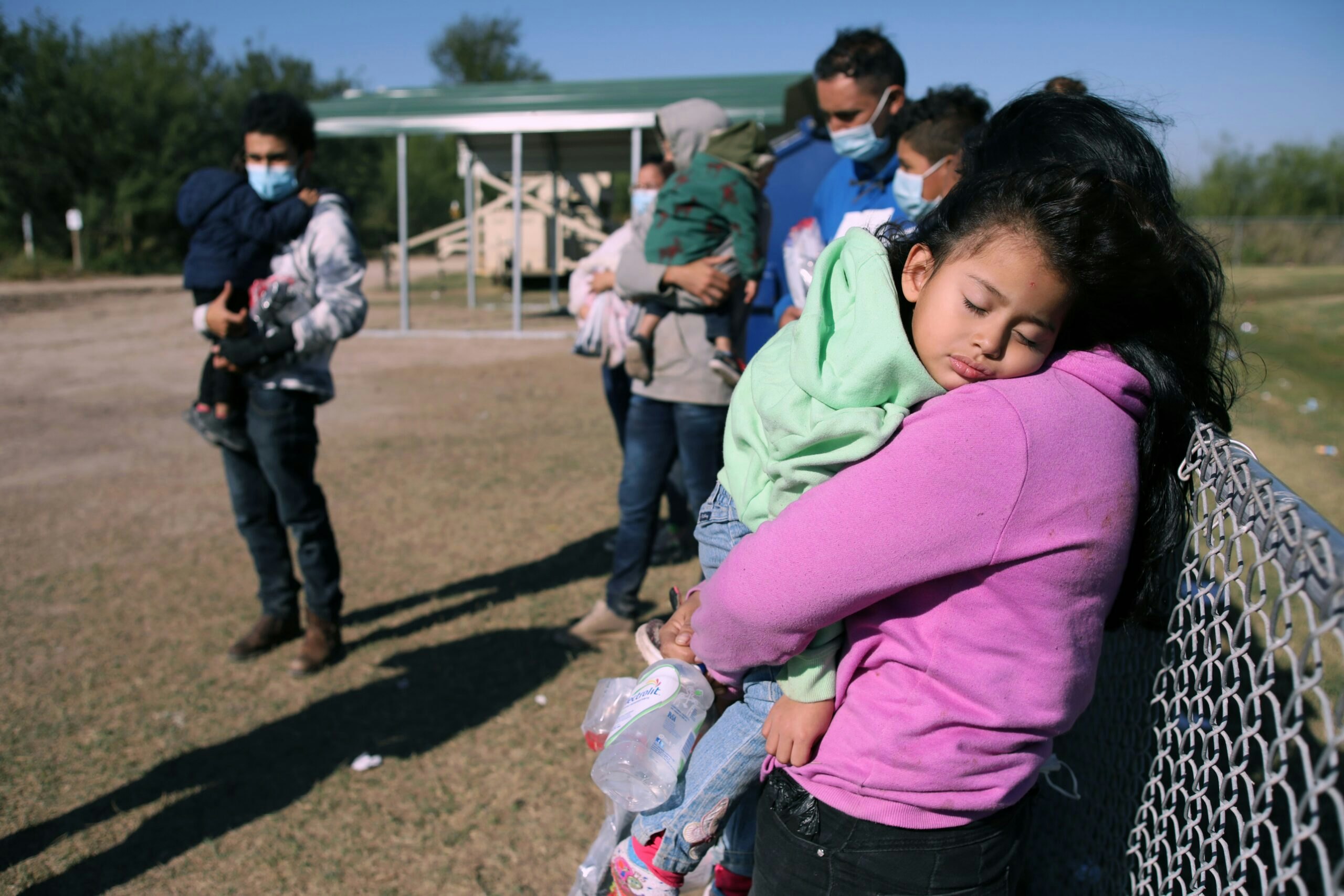The Bush Institute’s Women’s Initiative team recently sat down with Dialexa, a Dallas-based technology company that offers holistic product development services, to learn more about our shared interest in advancing opportunities for women and girls in Afghanistan.
Sixty-three percent of the population of Afghanistan is under the age of 25 and like most millennials, despite lacking technology infrastructure, they remain hungry for innovation and opportunity.
Nourishing this appetite in tandem with gender empowerment, Dallas-based companies Dialexa and Vinli are helping to foster the talent and tenacity of high school girls interested in computer programming through a partnership with the Womanity Foundation.
Launched by Womanity in April 2016, “Girls Can Code” is a vocational program in two of the largest girls’ public high schools in Kabul, Afghanistan with the approval of the Ministry of Education. The intent of the program is to increase employment rates and admission to higher education, as well as increase female participation in Science, Technology, Engineering and Mathematics (STEM) employment. In a country where approximately 16 percent of women participate in the labor force, and insecurity and a decline in foreign assistance has led to “brain drain,” this vocational training is immensely valuable.
In addition to the coding curriculum, at the heart of the program is the aim to “build up…confidence, improve…problem-solving skills and expose girls to a world that is full of solutions, not just challenges.” A vital part of this goal includes mentorship by women in the sector, so girls in the program understand that, while there may be obstacles along the way, they too can succeed.
Enter Dialexa and Vinli.
Leveraging their own experience in the male-dominated field of technology, female developers, designers, and quality assurance managers at the two companies have been creating mentor videos to augment the students’ classroom comprehension.
Covering topics like career path and industry challenges, on a broad scale the videos allow women thousands of miles apart to connect across a shared interest in programming and design. At the same time, by illuminating personal experiences and the value of persistence and self-assurance, the engagement also provides a parallel sense of community and encouragement.
Reflecting on her participation in support of the program during a recent discussion with the Bush Institute’s Women’s Initiative, Anne-Marie Coffee, a designer at Dialexa, said: “It’s motivating to see how these videos have been received by the girls, and the hope and recognition that they can do this. That they’re not alone.”
This is especially critical considering the odds, though slowly improving, for women in Afghanistan. As documented in We Are Afghan Women: Voices of Hope, which details the successes and struggles of 29 change makers in Afghanistan:
When women enter male-dominated business fields, the reaction is often swift and violent. Death threats, attacks and kidnapping are what await them, simply for growing a business and employing others. Many have been told again and again that they will fail. Their response? To go and search for opportunity, because, as one entrepreneur says, “Opportunity will never come and knock on your door.
Skills training and employment opportunities are a fundamental influence in ensuring a more equal and prosperous future for all Afghans. As Elizabeth Rector, Girls Can Code program lead said: “investing in educating girls in subjects like coding, where we expect there to be abundant, good-paying jobs, is key to the future of Afghanistan. With a full range of talent to tap into, Afghanistan’s economy can grow and become less reliant on foreign aid and retain ambitious young women.”
Innovative partnerships remain a vital solution to many of the world’s most pressing challenges. From Dallas to Kabul, programs like “Girls Can Code,” and the collaborative efforts that move them forward are an essential means to advancing women’s and girls’ empowerment in Afghanistan.
To learn more about the Bush Institute’s Afghan Women’s Project, visit: http://www.bushcenter.org/explore-our-work/fostering-policy/afghan-womens-project.html.































